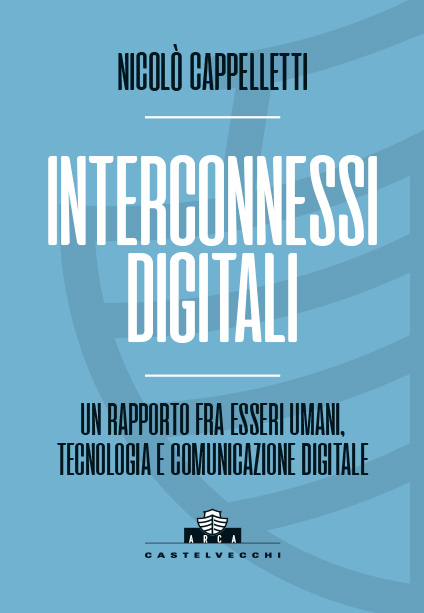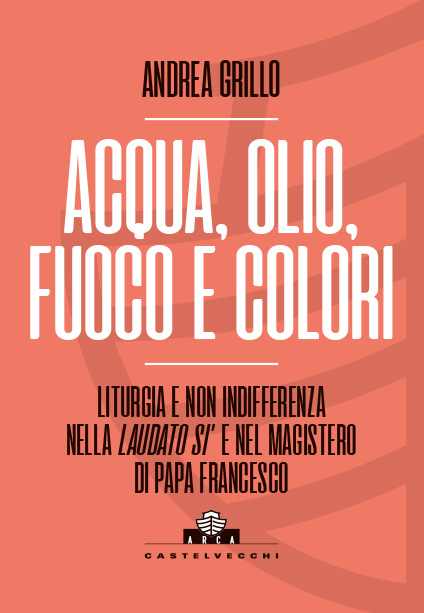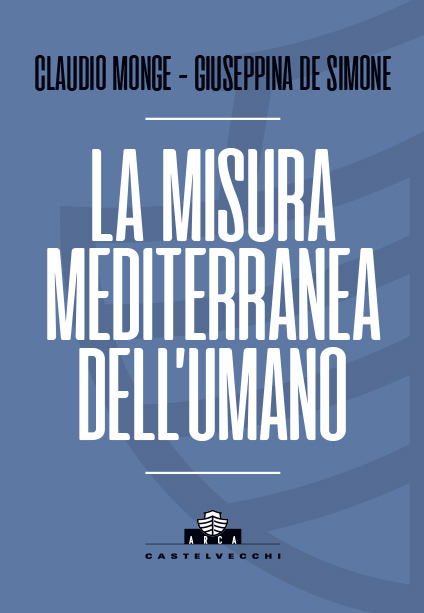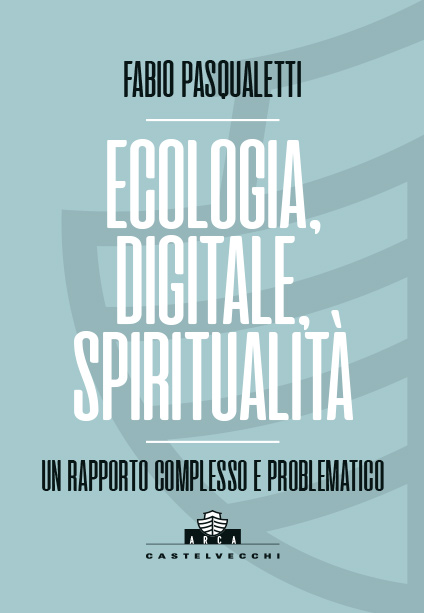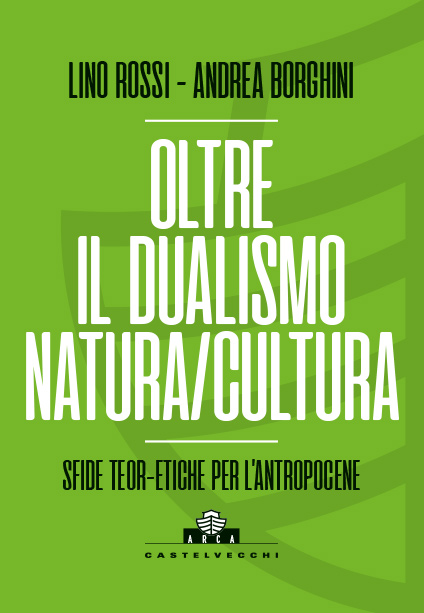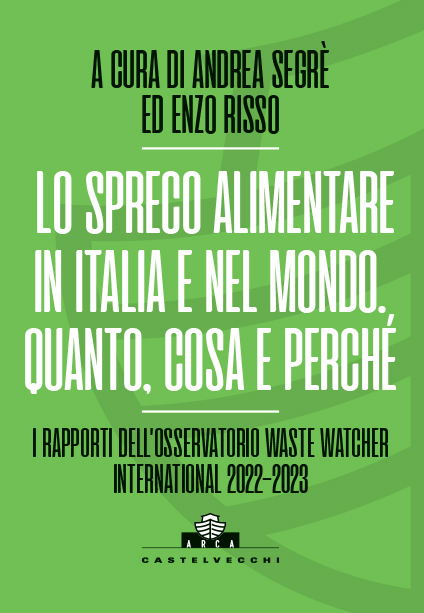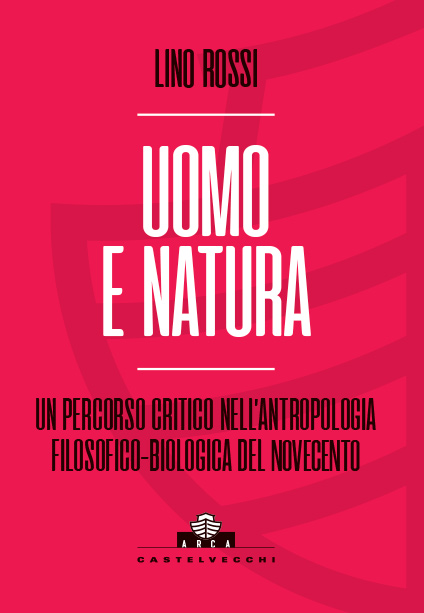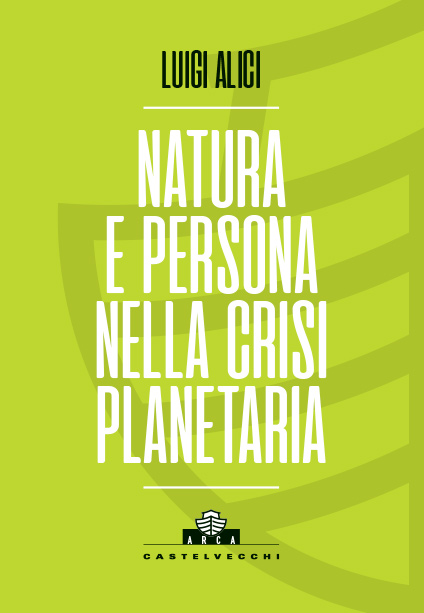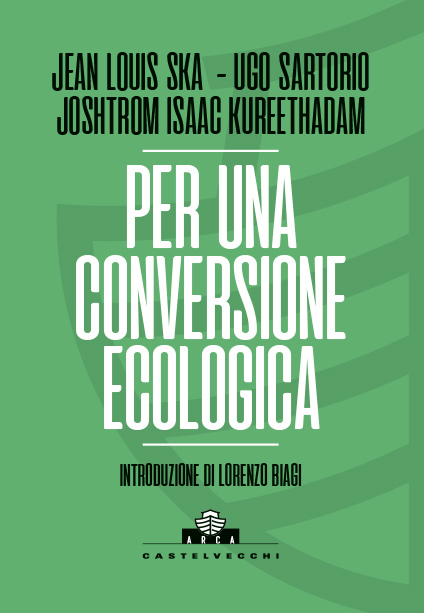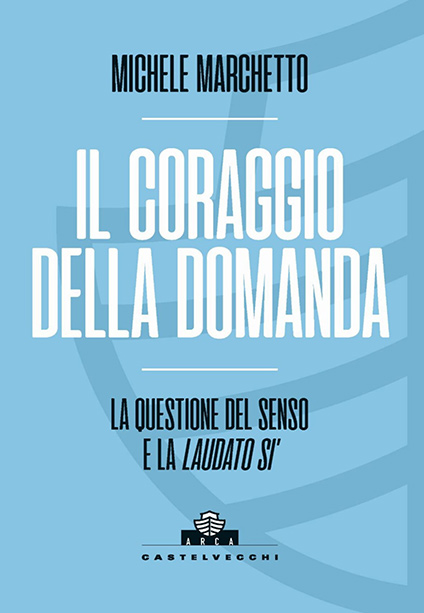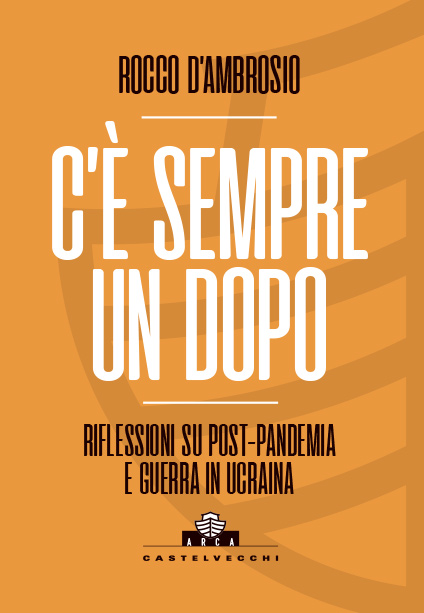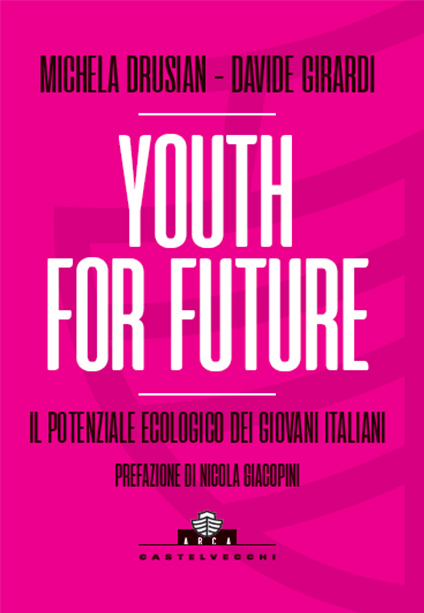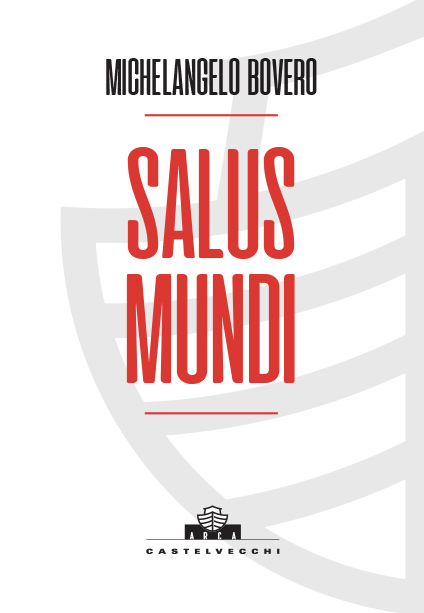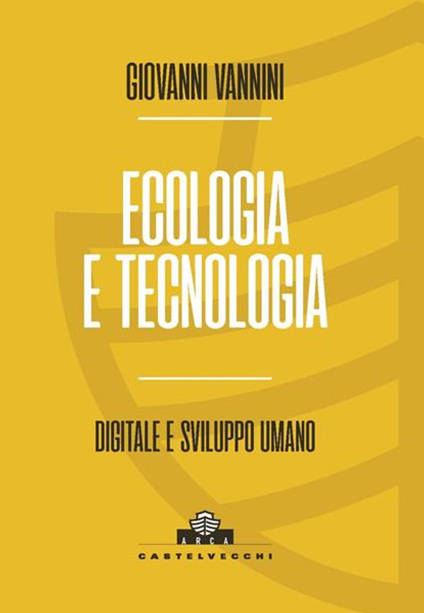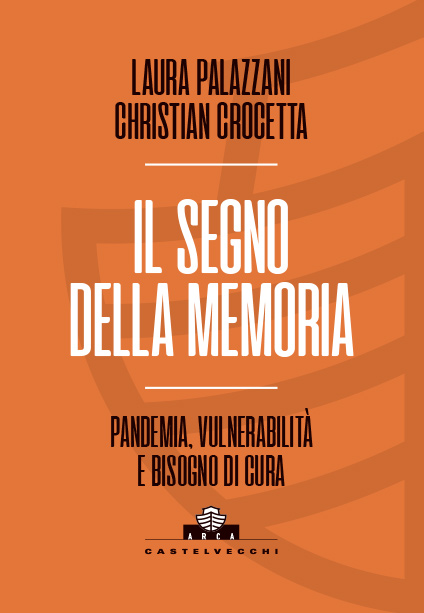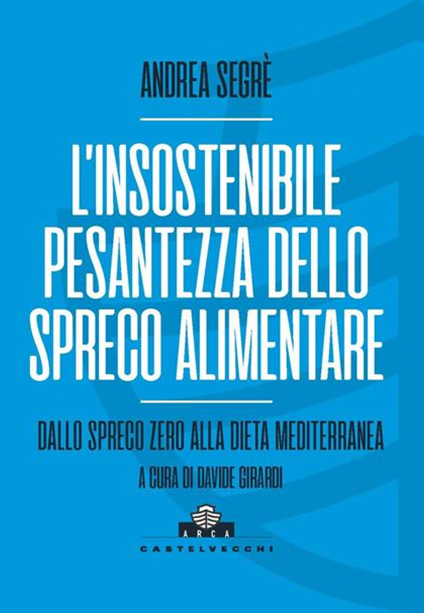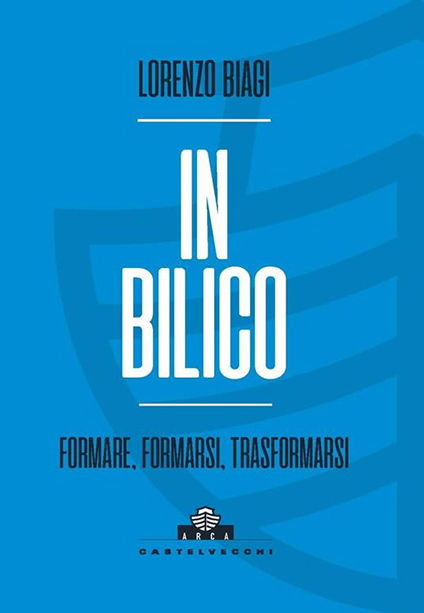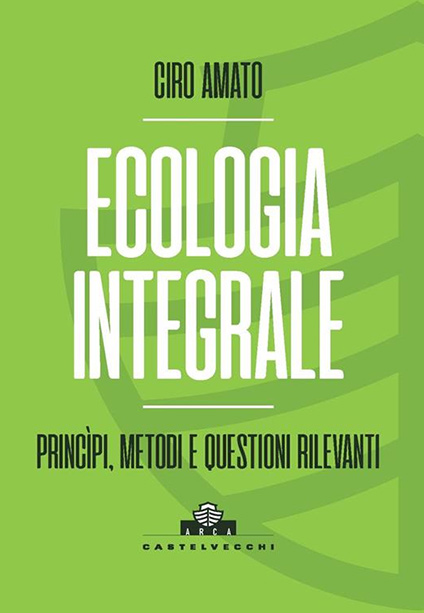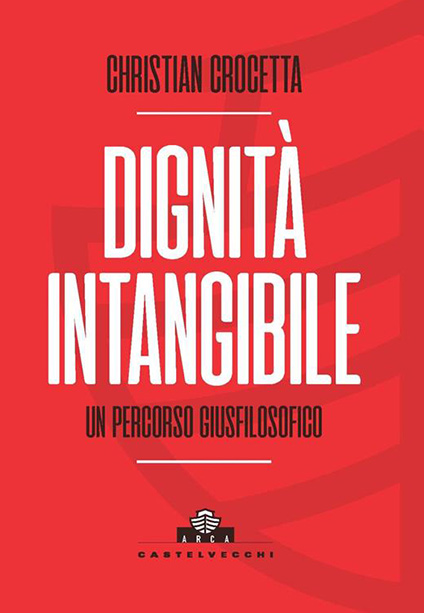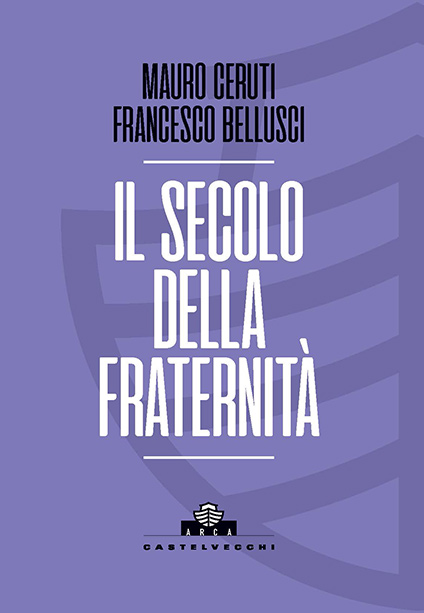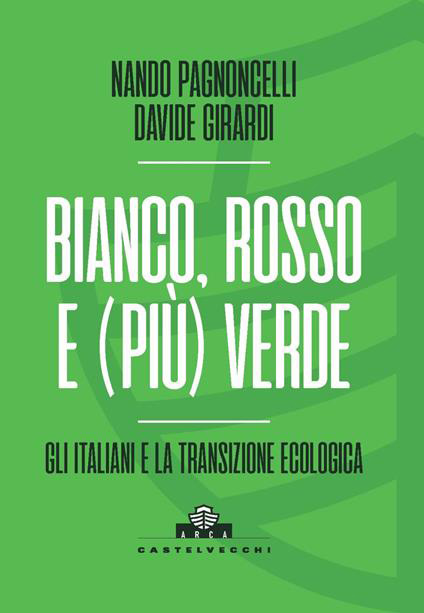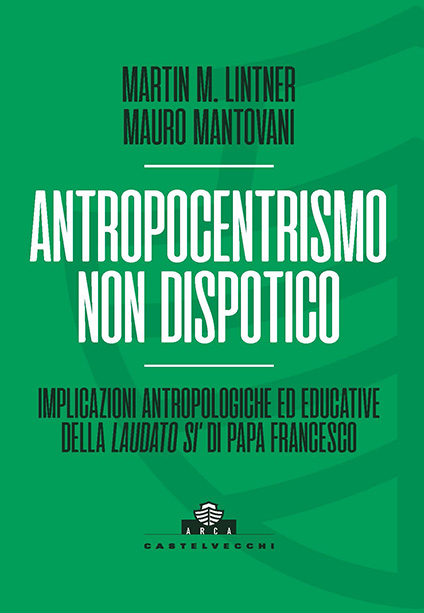Titolo: «Well, Newman, I would have your philosophy…». Il valore educativo della didattica universitaria e l’idea di università di John Henry Newman
Tipo di pubblicazione: articolo
Anno di pubblicazione: 2014
Autore: Michele Marchetto
Rivista: IUSVEducation #04
Pagine: 150-175
Data di pubblicazione: dicembre 2014
Editore: IUSVE – Istituto Universitario Salesiano
ISSN: 2283-334X
Come citare: Marchetto, M. (2014). «Well, Newman, I would have your philosophy…». Il valore educativo della didattica universitaria e l’idea di università di John Henry Newman. IUSVEducation, 4, 150-175. https://www.iusveducation.it/well-newman-i-would-have-your-philosophy-il-valore-educativo-della-didattica-universitaria-e-lidea-di-universita-di-john-henry-newman/
Parole chiave: università, didattica, filosofia, persona, competenza, educazione
Paper PDF: IUSVEducation_04_Marchetto_WELL_NEWMAN_I_WOULD_HAVE_YOUR_PHILOSOPHY.pdf
Abstract:
Questo contributo intende riflettere sul valore educativo della «didattica» da un punto di vista filosofico, sollevando una serie di questioni di fondo che la interpellano e la orientano. Per questo si terranno presenti le indicazioni provenienti dall’Idea of a University (1852, 1859) di John Henry Newman (1801-1890), e il contesto attuale, del quale si considererà come centrale il tema della «complessità», al quale da quarant’anni lavora soprattutto Edgar Morin.
Ciò che il primo chiama «disposizione filosofica» della mente corrisponde, nel secondo, al «ben pensare» e all’attitudine generale nei confronti della realtà e della conoscenza. Per entrambi il fine dell’educazione, che orienta i processi di insegnamento/apprendimento, non è l’acquisizione di una grande quantità di conoscenze, la «materia» del sapere, ma la «forma» del sapere. In ciò sta anche il valore morale della formazione dell’intelletto, nettamente distinta sia dalla mera «istruzione» sia dagli specialismi. In definitiva, il centro della didattica è la persona, rispetto al quale il contesto attuale presenta elementi dissonanti: il progressivo affermarsi, soprattutto fra i giovani, di un sapere non-proposizionale su quello proposizionale e sequenziale, e la prevalenza della performatività sulla verità del sapere. Al rischio di perdere decisive forme di sapere della tradizione, che sono a fondamento del giudizio critico, e al dominio dell’apparato burocratico, Newman (e Morin) oppone il primato della persona, al quale va associato quello del sapere «libero» e gratuito, che concerne la natura stessa della filosofia, soprattutto se si tratta di una disposizione della mente verso i diversi ambiti della conoscenza.
Abstract:
This paper concerns the educational value of the «teaching/learning» processes from a philosophical point of view, and raises some fundamental questions that asks and guide it. Therefore we shall consider the suggestions that come from John Henry Newman’s Idea of a University, and the present context, as well as one of its central matters, that is «complexity», which particularly Edgar Morin has been studying for forty years. What the one calls a «philosophical disposition» of the mind, the latter defines the «well thinking» and a general attitude toward reality and knowledge. For both the aim of the education, that guides teaching and learning, is not the acquisition of a lot of information, which is the «matter» of knowledge, but the «form» of knowledge. In this there is the moral value of education of the mind, that is distinctly separated both from the mere «training» and specialisms. Definitively, the center of the «teaching/learning» processes is the person: as regards it, the present context reveals some contrasting elements: the progressive affirmation, particularly among young people, of a non-propositional knowledge rather than propositional and consequential, and the prevalence of performativity of knowledge in comparison with its truth. Newman and Morin oppose the primacy of the person to the risk of losing some fundamental traditional forms of knowledge, that are the ground of any critical judgement, and to the power of the bureaucratic machinery. They affirm too the primacy of a free knowledge, that regards the nature of philosophy itself, above all if it is meant as a disposition of the mind toward the different areas of knowledge.














